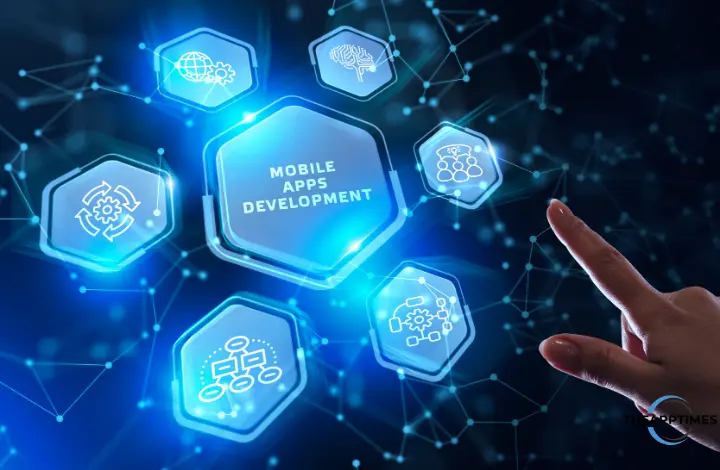With an increasing number of mobile devices and their rapid integration in users’ everyday life, mobile development becomes more and more important software development industry branch, and mobile application development services are becoming more and more required. What do we mean by using the term ‘mobile development’? It describes the whole spectrum of activities related to developing, testing, deployment and maintenance of apps that run on mobile operating systems, such as iOS, Android, Windows Mobile and other. Mobile applications can be downloaded not only to smartphones, but also to tablets, smartwatches and other types of mobile devices.
Best Practices of Mobile App Development
Mobile app development is constantly evolving shaping a set of best practices to follow. Let’s focus on some of the most important ones.

Break down complex tasks into small manageable parts
This practice is applicable to most complex projects, not just mobile app development. The process of developing applications for mobile devices embraces various components. To ensure you don’t forget anything, put everything in place as soon as possible. For instanc
e, prior to writing the specs for each work, divide the task into smaller, more manageable parts. This makes it easy to control the workflow and identify which stage requires more time to complete. The more team members are involved into your mobile app development process, the more advantageous this practice is.
Focus on the user experience
Even though it seems clear, this point is frequently missed. Keep in mind that you made your app with the users in mind, therefore you should put their convenience and needs first. Consider your upcoming app from their point of view.
Convenience, speed, and experience are the three most important elements when it comes to user experience. Ensure you invest enough resources in them from the very beginning stages, and your efforts will be rewarded by multiple five-stars reviews on App Stores.
Follow mobile application development guidelines provided by App Store
Consider the guidelines that are provided by the platform for which you intend to create an app. If you are creating an Android app, you must follow the Android app development guide to ensure that your app is properly developed.
Similarly, if you begin developing an iOS app, adhere to the Apple Developer Program guidelines. Furthermore, you must be familiar with the regulations and best practices for the Apple App Store and Google Play Store.
If you do not follow those guidelines, your software may be rejected when it is distributed to the app store.
Keep updates in mind
Even when you launch your app, the mobile development process does not finish. You must concentrate on enhancement and maintenance to ensure that your app works properly well. Moreover, it is anticipated by your customers as well.
That’s why planning for updates and maintenance is essential for correct budgeting and proper cost control. All the features in your app should be simple to access, change and update.
Prioritize security
Any app contains a lot of personal information, such as your customer’s name, email, date of birth, and so on. Such data must be properly safeguarded against cyber threats. Remember that any security breach results in financial and reputational damage.
As a result, you must protect your apps from cyber-attacks and data breaches by any means. Except for this, mobile devices are vulnerable to theft, malware infection and other sources of danger.
So, they need additional support in terms of security, which can be provided by the inherent security features of mobile app development platforms as well as external tools for managing access control, authentication, encryption, remote wipe, and anti-malware.
Implement analytics
Finding the right tools to evaluate and enhance performance based on consumer engagement, as well as establishing key performance indicators, is critical.
Because best practices for mobile applications do not always operate in a connected environment, analytics features to track user activities are essential.
When employing mobile application analytics, a few KPIs to examine are user engagement, adoption influence, and customer retention encouragement.
Use native plugins for hybrid app development
One of the hybrid app development best practices is the usage of native plugins for accessing device capabilities and functionalities. Hybrid app frameworks, like as React Native or Ionic, enable developers to create apps utilizing web technologies such as HTML, CSS, and JavaScript.
However, they also offer native plugin integrations that enable developers to access device-specific features like camera, GPS, push notifications, or device hardware.
This is just the tip of the iceberg, as mobile application development best practices are not limited to the listed above. If you represent a Baltimore-based business and looking for a reliable and experienced vendor to develop your mobile application, consider Klik Soft, an experienced mobile app development services provider in Baltimore.
Leave a Reply